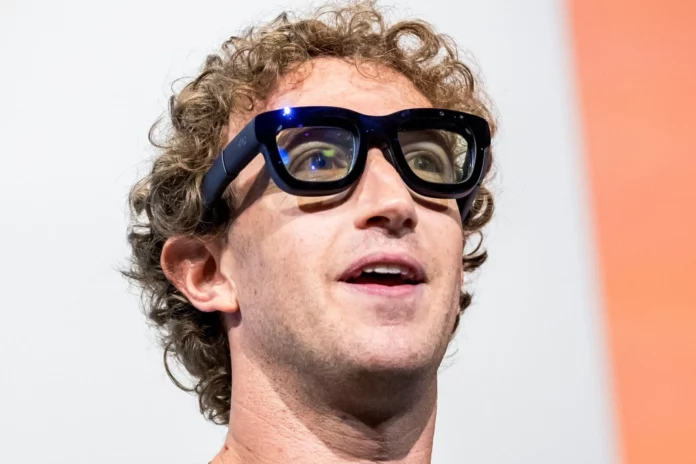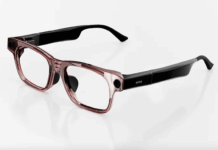Smart glasses need to be slim, yet big enough to accommodate all the important technology. It has to be more than just the vaunted Bluetooth audio devices, because they already are; it definitely has to have a camera that doesn’t suck and a voice assistant that can do its job. On top of all the technical limitations, there’s one more thing that sets them apart from other wearable devices – they absolutely cannot look ridiculous on your face. Because of this limitation, Meta, which is arguably the biggest player in the smart glasses market, has previously partnered with EssilorLuxottica, the maker of Ray-Ban glasses, to help develop the glasses’ design, and now it’s bringing in even more eyewear brands to help take its glasses to new frontiers.
First up is Oakley, which, if you’ve never been snowboarding or boating, is a sports sunglasses brand that makes glasses that wouldn’t look out of place at a NASCAR race. On the one hand, it’s a strange departure from tradition, but on the other hand, it could be a good play for a different audience. While Ray-Bans are quite versatile and can appeal to anyone with enough money to buy them, Oakley might make more sense for those interested in sports like snowboarding or surfing. A new report seems to confirm this intention. According to documents reviewed by CNBC, Meta Oakley glasses will be “athlete-oriented” and inspired by Meta Ray-Ban owners who used their smart glasses for extreme sports. CNBC reports that Meta Oakley glasses will also be more resistant to weather conditions, which in turn will add additional value to them. Meta Oakley glasses could cost $360 as opposed to $300, which is the starting price of Ray-Ban glasses.
Meta’s second collaboration may be less fruitful in terms of actual smart glasses applications, but it still marks a change in direction. According to the same CNBC report, Meta will also be partnering with Prada to produce a more high-end pair of smart glasses. This partnership could be a perfect fit for Prada’s specific style of glasses, as the temples of the glasses are already thick, leaving plenty of room for the technical components needed to make the smart glasses work. Partnering with Prada may not bring as many exciting improvements, but it could help Meta expand its audience to women or people who want a pair of smart glasses that look more high-fashion. We will have more answers soon.









